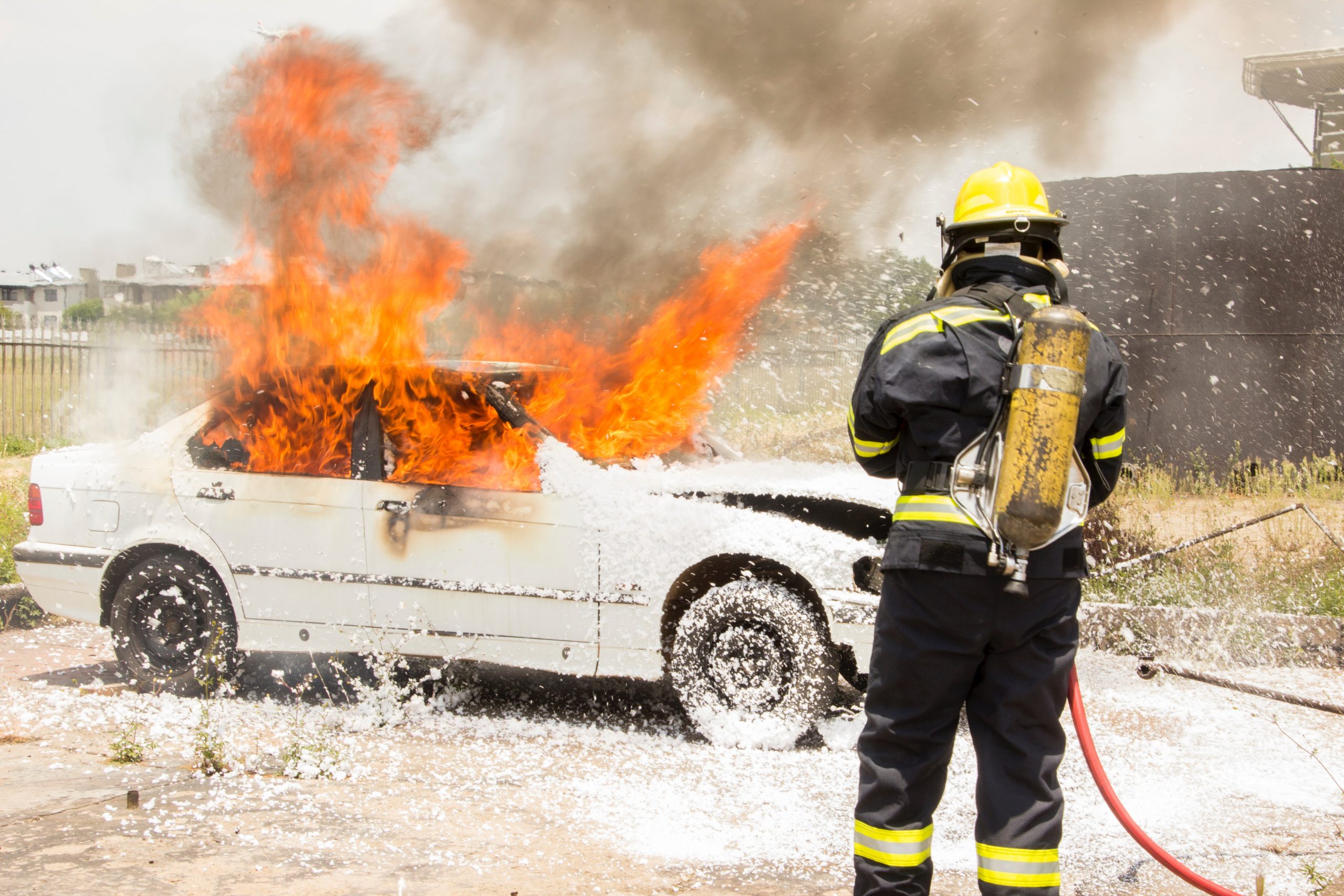Writing a story can be hard work. There’s a huge difference between a premise and a plot, and bridging that gap can be difficult. I’ve certainly had plenty of experiences where a bright, shiny inspiration that seems destined to blossom into a robust novel turns out to have just enough gas to make a short story. Or the realization that the story I’m working on is boring me to death even though it’s technically novel-length and a real story.
In either situation, the weary writer will lean back from their keyboard and scratch their chin thoughtfully and contemplate how to salvage the situation. And sometimes they will make the terrible mistake of ginning up a Busy Emergency, which is a term I just made up.
The Midnight Sky
I started thinking about this while watching The Midnight Sky, a film directed by George Clooney, currently streaming on Netflix.
Some mild spoilers to follow.
It’s an okay film in which Clooney plays a dying scientist who remains behind at an isolated Arctic research station when it’s evacuated due to a global catastrophe that soon leaves pretty much the whole of humanity dead. He stays behind to contact the crew of the Aether, a spaceship returning from a mission to determine if one of Jupiter’s moons is habitable. They don’t know they’re returning to a planet that’s become a deathtrap, and Clooney’s character wants to warn them.
That’s an intriguing premise! The film itself is a bit slow, but well made. At one point about forty minutes in, however, someone lost faith in the forward momentum of their story and introduced a Busy Emergency.
A Busy Emergency is when you thrust your characters into a panic situation just to give your story some oomph, some sudden energy. It can serve to demonstrate their skills or the way they handle stress, and it can even tie into your larger plot. But even if it does, it’s generally a meaningless jolt of action designed to juice up a sleepy story. It’s easy to diagnose: If you can remove it and its consequences without changing the core of the story, then you know it exists just because the writer was worried they needed something to wake up the reader/audience.
In The Midnight Sky, life on board the Aether is presented as pretty comfortable. It’s one of those spaceships with perfect simulated gravity and lots of creature comforts. Everyone is nice, and two of the astronauts have started a relationship and gotten pregnant. The crew experiences some mounting anxiety when they can’t contact anyone on Earth, but otherwise their sole purpose in the story is to give Clooney’s character a reason to do things (there’s also a twisty bit that you can see coming from a mile away that emotionally links Clooney to the crew).
Suddenly, the Aether veers off course! Everyone on the ship leaps into action, fiddling with this or that and analyzing the situation. They determine they can still get to Earth, but will have to pass through an area of the solar system that has never been charted, so they don’t know what to expect. This Busy Emergency leads to some tragic consequences for the crew, but ultimately has zero impact on the trajectory of the plot. If you removed it entirely and just had the Aether sailing homeward in untroubled space waters, not much would change.
Busy Emergencies are usually a sign that you are stretching a premise, like taking a short story and making it into a novel. They can be short, intense scenes designed to offer an adrenaline spike, or they can be lengthy action sequences — possibly very good action sequences — that just don’t accomplish much.
The rule of thumb is, if you can remove a sudden infusion of action without requiring extensive rewrites, it’s probably a Busy Emergency and you should contemplate why it’s in there. Of course, you can make a Busy Emergency into a more organic bit of plotting if you figure out how to make it essential, if you can get it to do some plot work or character work — if you can make it into a sequence that would actually matter if it was removed.
Of course, a Busy Emergency is better than a Busy Disaster, which is what I wind up calling most of my failed novels. It’s also, not coincidentally, a cocktail I invented in which I pour the dregs of whatever’s left in my bar into a glass and chug it, then wake up a week later.

